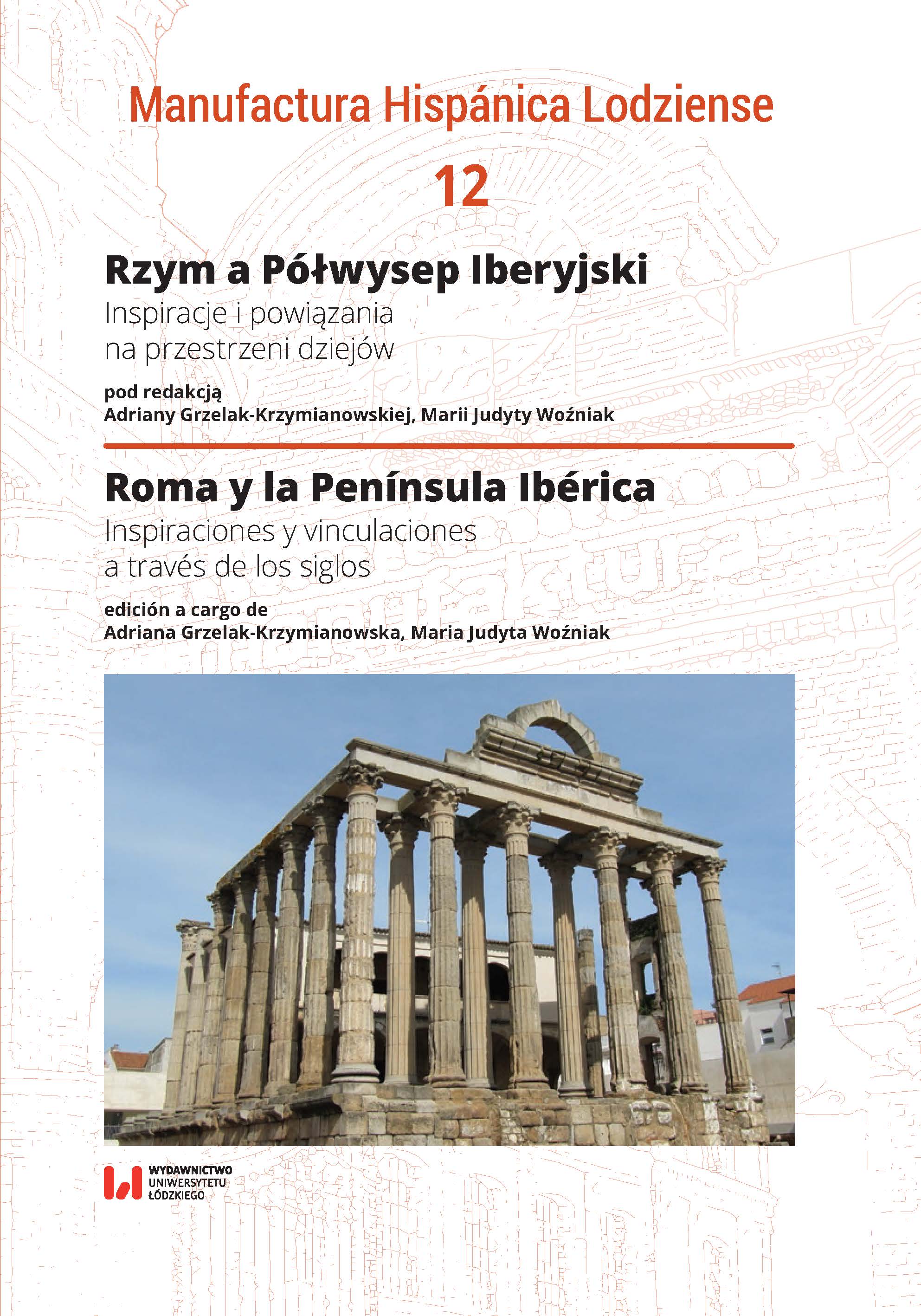La Península Dorada. Fuentes literarias para el estudio de los recursos auríferos de Iberia/Hispania
The Golden Peninsula. Literary sources for the study of the gold resources of Iberia/Hispania
Author(s): Jordi Pérez González
Subject(s): History, Language and Literature Studies
Published by: Wydawnictwo Uniwersytetu Łódzkiego
Keywords: Iberia; Hispania; mines; gold; literary sources
Summary/Abstract: The first contacts of the Greeks and Phoenicians with the Iberian Peninsula revealed the importance of the resources of the Iberian populations, especially in terms of metals. For decades, this news persuaded the more adventurous to undertake a trip to the West in search of fortune. On many occasions these stories were exaggerated, overvaluing the wealth existing with in the limits of the western Ecumene, and encouraging the creation of a literary topos around the descriptions of the territory. The Roman expansion through the western Mediterranean led to a series of references to the peninsular’s wealth by several authors in the service of Rome. They detailed in general the geography, populations and wealth that one could find in these regions.In the present work, we have gathered together those literary sources linked to the descriptions of gold in the landscapes of the Iberian Peninsula. As I have commented in some of my works, the acquisition of gold by Rome occupied much of its history on the Peninsula. Gold, as a positional good, is a scarce good by nature, which cannot be created, only redistributed. Pliny commented that the amount of gold known in the ancient world was always less than that of other precious metals (Plin. Nat. 33.16). By pointing out the news referred to in the Roman world about obtaining Hispanic resources, we will indirectly address what was the perception that Rome had about Iberia / Hispania.
- Page Range: 101-114
- Page Count: 14
- Publication Year: 2021
- Language: Spanish
- Content File-PDF

